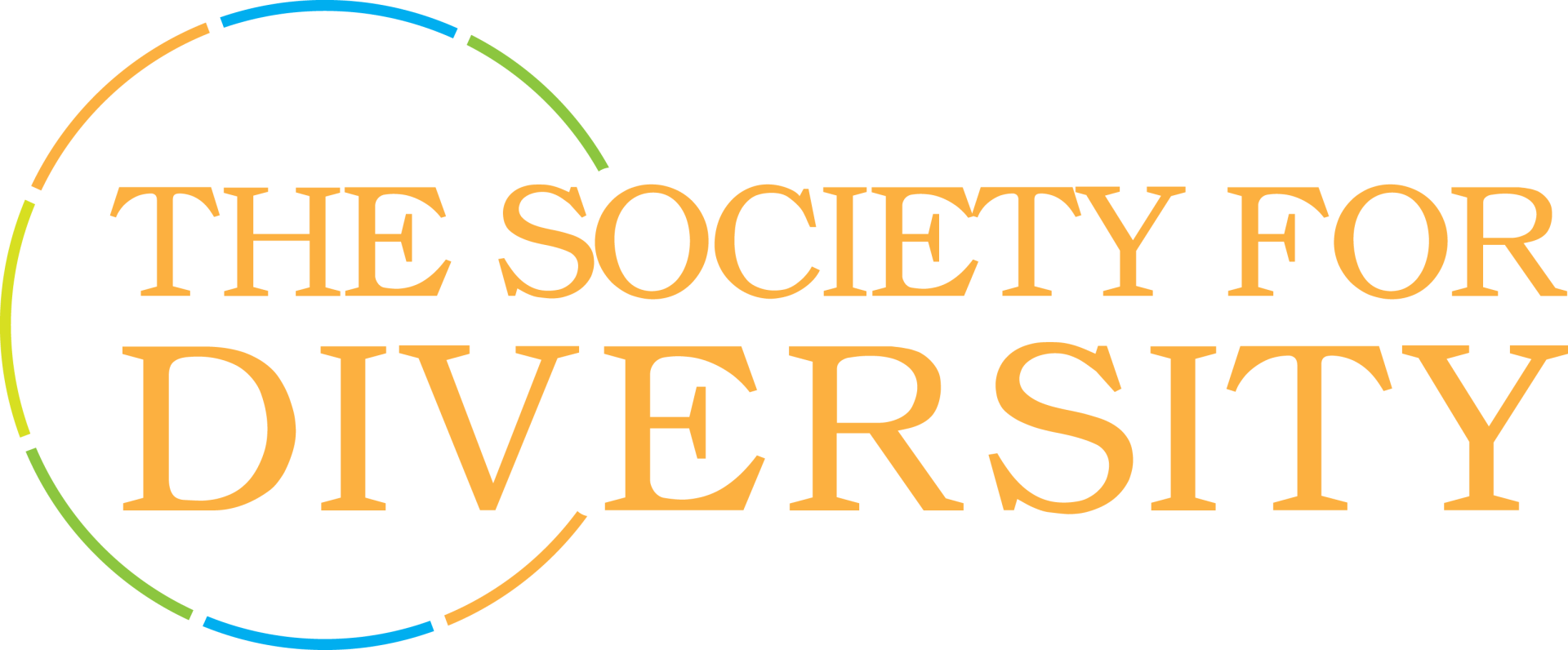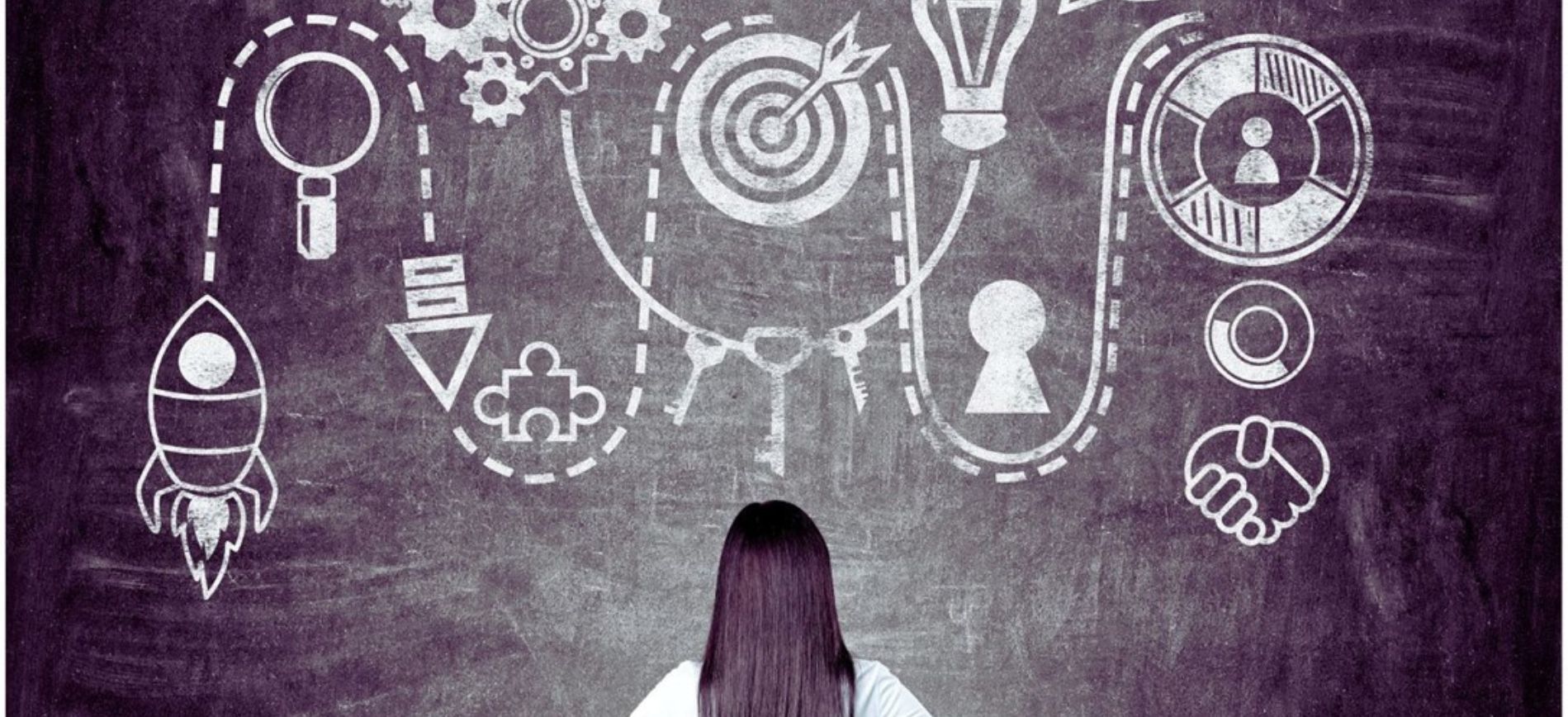Neurodiversity and Innovation: How Different Thinking Can Lead to New Solutions
Neurodiversity is a term used to describe the natural variation in human brains. This variation can include conditions such as autism spectrum disorder, attention deficit hyperactivity disorder (ADHD), dyslexia, and dyspraxia. While these conditions can present challenges, they can also lead to unique strengths and talents.
For example, people with autism spectrum disorder often have a strong attention to detail and a natural ability to see patterns. People with ADHD are often creative and innovative thinkers. People with dyslexia are often good at seeing the big picture and coming up with new ideas. And people with dyspraxia are often good at problem-solving and thinking outside the box.
In recent years, there has been a growing body of research that suggests that neurodiversity can lead to innovation. A study by the University of Cambridge found that people with autism spectrum disorder were more likely to be awarded patents than people without autism spectrum disorder. Another study by the University of California, Berkeley found that people with ADHD were more likely to start their own businesses than people without ADHD.
There are a few reasons why neurodiversity can lead to innovation:
- Neurodiverse individuals often have different ways of thinking and processing information, which can lead to new and creative solutions to problems.
- Neurodiverse individuals are often good at seeing patterns and making connections that others may miss. This can lead to new insights and innovations.
- Neurodiverse individuals are often good at working independently and coming up with new ideas. This can be valuable in the workplace, where creativity and innovation are often key to success.
Of course, not all neurodiverse individuals are innovators. However, research suggests that neurodiversity can be an asset in the workplace. Businesses that can create an inclusive workplace that benefits from the talents of neurodiverse employees are more likely to be successful in the long run.
Tips for Businesses on How to Create an Inclusive Workplace for Neurodiverse Employees
- Be aware of your own biases. It's important to be aware of your own biases about neurodiversity, so that you can create a workplace that is truly inclusive.
- Provide training on neurodiversity. This will help your employees understand the different ways that neurodiverse individuals think and process information.
- Be flexible with work arrangements. Some neurodiverse individuals may need flexible work arrangements, such as working from home or having a quiet workspace.
- Create a culture of acceptance and understanding. Let your employees know that you value their differences and that you are committed to creating a workplace where everyone feels welcome and respected.
By following these tips, businesses can create an inclusive workplace that benefits from the talents of neurodiverse employees. This can lead to increased innovation and creativity, which can ultimately lead to success in the long run.
Additional resources
The Business Case for Neurodiversity
How to Create a Neurodiverse-Friendly Workplace: Tips for Employers
The 2023 Neurodiversity Summit: Wired for Success
Learn more about neurodiversity at the 2023 Neurodiversity Summit: Wired for Success!
A two-day event exploring the business case for neurodiversity, Wired for Success features keynote speakers, panel discussions, and workshops on topics such as hiring neurodiverse employees, creating a neuroinclusive workplace, and the benefits of neurodiversity for innovation.
Disclaimer: Content on this blog is authored by multiple sources. While we do make every attempt to proofread and fact-check, unless authored our staff, the views expressed do not necessarily reflect those of The Society for Diversity and the Institute for Diversity Certification.






